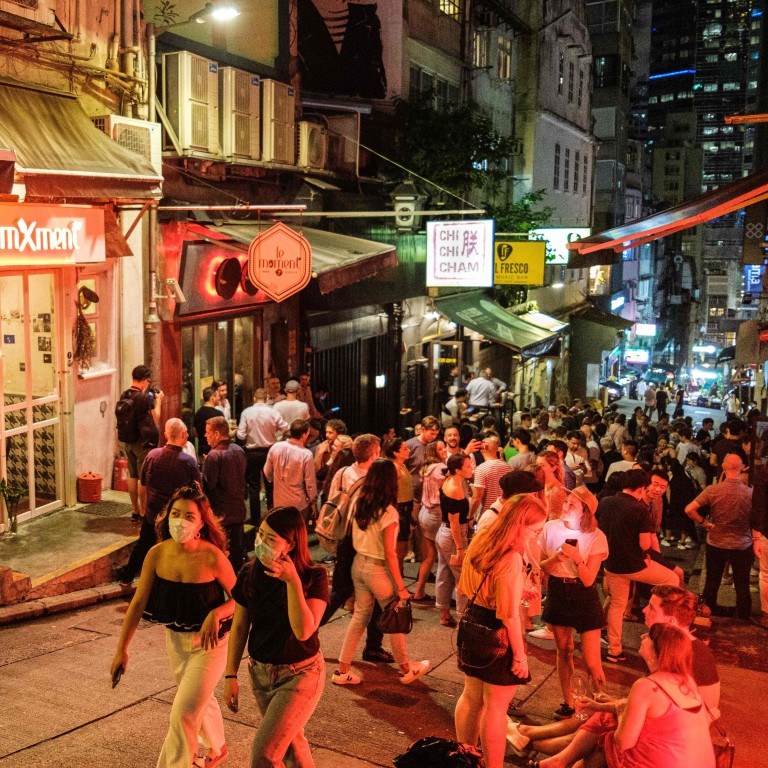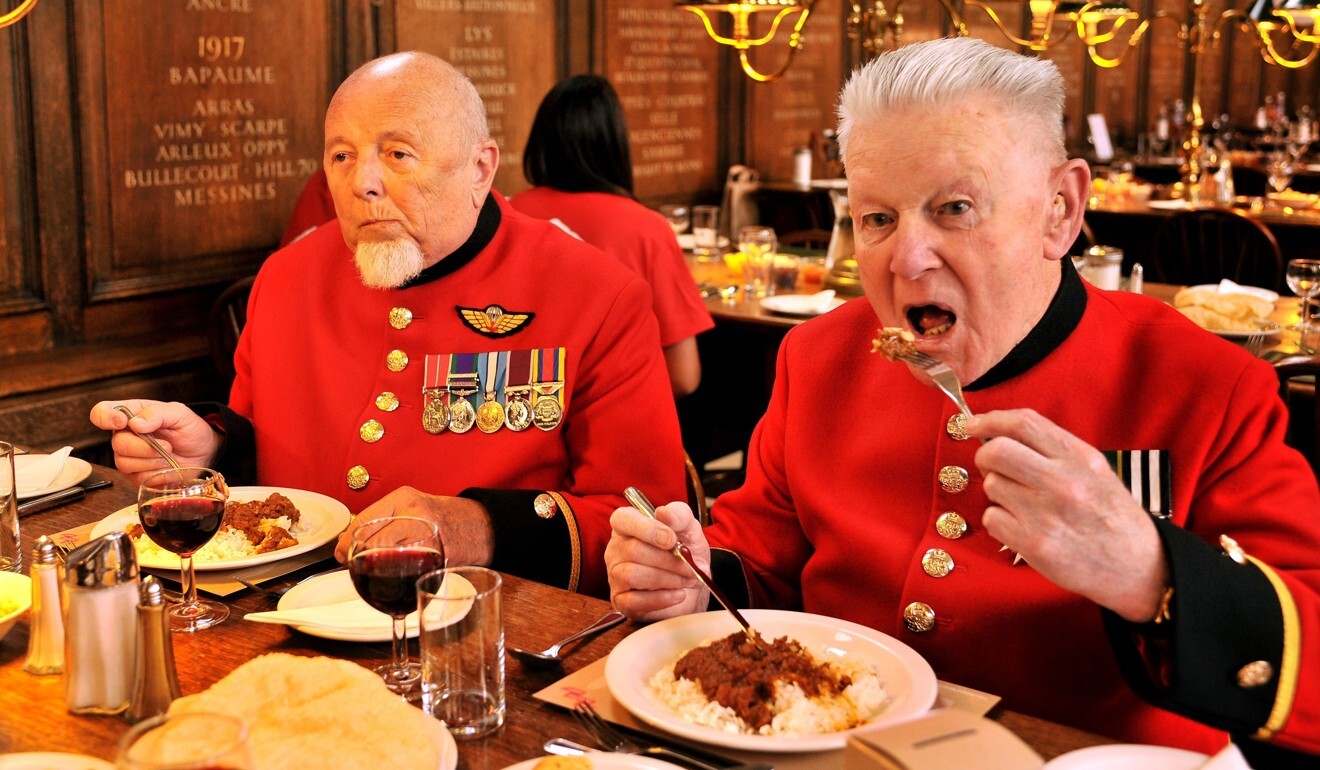
When a white face is more marketable in a European restaurant in Hong Kong than a Chinese face, that’s racism
- In Hong Kong, like everywhere else, racism is a problem, and in the city’s restaurant industry it’s a big problem
- Why, for example, are Western chefs praised for cooking Asian food, yet Chinese chefs not trusted to cook Western dishes?
The racial strife rattling the United States is depressing and troubling. Whatever your politics, it’s hard to be neutral about a helpless black man suffocating under a jackbooted policeman’s knee.
You can debate the nuances of global politics and government policies, but I would like to think there is consensus that racial injustice is a bad thing. OK, maybe the President of the United States doesn’t agree.
Hong Kong is no stranger to protests and police confrontations. But we like to believe racism is not a problem in the city. One reason for our economic success is our law-abiding, meritocratic philosophy. However, subtle prejudices do exist. Sometimes they show up in our dining choices and restaurant experiences.
I’ve met local Chinese people who don’t like to eat out in Central and Mid-Levels because they think there are too many “gweilos” (a pejorative Chinese term for white people) around. I confront them and say: “Isn’t that a bit racist?”

They turn the argument back at me and explain they feel they don’t get proper service in some restaurants, and that some hosts and waiting staff have an attitude about Chinese customers. The suggestion is these establishments look down on locals because their English is not as good, they think locals are cheap and won’t tip, or they prefer to engage with Western guests.
On the other hand, restaurant owners have said off the record that Chinese customers are overly demanding, tend to complain a lot and boss people around, treating Filipino servers especially like indentured servants.
Opinion: Why the biggest barrier to overcoming racism is ‘white fragility’
Personally, I have seen loud, rude diners – both Westerners and locals – insulting and belittling restaurant workers. Bullying is a sure sign of very small people.
I might add I’ve also witnessed entitled expats barge their way to the front of a bar oblivious to the Hong Kong folks lining up to order a drink. How much of this is ignorant jerk behaviour and how much is outright racism is hard to say. But it’s definitely white privilege when they then ridicule someone’s English shortcomings, yet they’ve lived here for 10 years and still can’t speak more than three words in Cantonese.
Anecdotal incidents abound, but I do think a certain structural bias exists in the restaurant industry. No matter how well a local chef has trained, Western restaurants tend to prefer hiring head chefs from France, Spain, or Italy because a white face is more marketable. Some customers also automatically assume a European native will be a better cook of that respective cuisine.

What I find interesting is how Western chefs are given the benefit of the doubt when they attempt Asian cuisines. Let’s face it, a white guy can fusion the heck out of dim sum and our reaction is, “Oh, that’s interesting.” But if a local chef wants to open an authentic trattoria or brasserie, many diners’ automatic inclination is to think, “Well, it’s probably not as good as if an Italian or Frenchman is in charge.”
Some of the worst discrimination Hong Kong people engage is towards residents from South Asian cultures. It’s an unspoken fact that many flat owners don’t want to rent to people of Indian descent. The assumption is all that curry and spice will seep into the walls. As if Chinese dried fish and shrimp paste don’t leave a pungent aroma.
There are other ugly gastronomic stereotypes. People often think all Mexican food is spicy and causes diarrhoea. Italians used to be called garlic eaters. Rednecks assumed all Chinese, Koreans and Vietnamese eat dogs. Brits like curry because their own food is crap.

We may not have the overt racism that plagues Trump’s America, but we do have issues of our own at the dining table. So we all need to raise our voices. No justice, no eating in peace.

